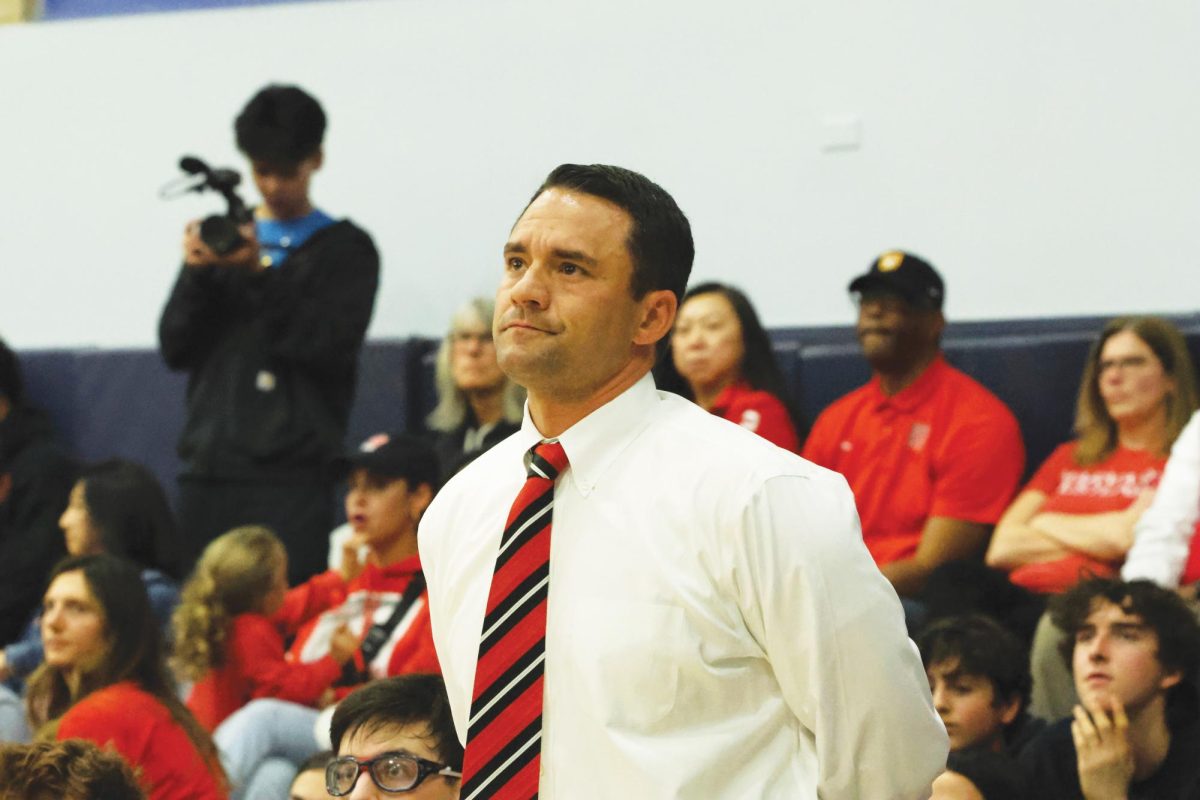By Abbie Neufeld
Ruby Boyd ’12 camped for five weeks this summer in rural Africa studying the culture of the Himba, an indigenous group in northern Namibia. Boyd traveled with her mother, Joan Silk, a professor of anthropology at UCLA, and Brooke Scelza, an assistant professor at UCLA. Scelza’s current research mainly focuses on “the effect of familial and social relationships on health and well-being,” her website said. The three of them were accompanied by two Namibian translators whom they met after flying into Windhoek, Namibia’s capital. The translators enabled the group to communicate with the Himba, who only speak a dialect of the Herero language.
They drove to Opuwo, a very small town about four hours outside of their eventual location, which Boyd said does not have a name. In Opuwo, the group stocked up on supplies, including nonperishable food and vegetables, for their five week trip.
The group lived in tents, while the Himba lived in a compound. Typically, a compound that includes a man with multiple wives and their children. While only the men have multiple wives, it is permissible for both men and women to have multiple affairs and for the woman to have children with other men, leading to a society with a multitude of babies, Boyd said.
Although Boyd said she was mainly “just along for the ride,” she was still able to help out with parts of the study.
“I did some illustrations that she needed and I entertained children when we were doing some games with kids, but mostly I just entered data,” she said. “I was just there to do little things and help out where I could. We only had two translators so I couldn’t do anything involving translation because my mom and [Scelza] did all the interviews.”
Though Boyd couldn’t interview the Himba, she was still able to observe and on some levels interact with them.
Boyd said one of her most profound experiences while in Africa was a burial service she attended for a baby.
“It was really sad — it was a baby. But it was just a very intimate moment that they let us come into. It was nice that they trusted us that much.”
Boyd said that she had to work to gain the people’s trust and prove she was worthy of it, a different experience from a similar trip she took to a Fijian village where she said the people were warmer. She partially attributes the reservedness to the Himba’s tougher lifestyle.
The Himban diet consists mainly of maize meal and soured milk mixed to form a porridge. Sometimes for a special occasion they will slaughter a cow, though this is rare because cows, along with goats, are their only source of milk. While Boyd was there, the Himba had an event to celebrate their ancestors and slaughtered six cows to celebrate. Boyd had the chance to observe the slaughter of a cow.
“I was highly impressed at how much meat they got off the cow,” she said. “You always hear the stories of the Native Americans and how they used every part of the buffalo. It was like that.”
“The Himba have actively chosen not to change, to keep their ways and their customs and all their various practices. They are very tough people they know what they are doing and they think it is right,” Boyd said.
The lifestyle of the Himba, highly different from Western culture, was something that greatly impacted Boyd.
“You can’t go someplace like that and not come back with a different view on life. These are people who have nothing and are happier than 90 percent of America,” she said.
However, Boyd was quick to emphasize that this was not a criticism of the American lifestyle.
“It’s just that they are so content with much less than it would take to make Americans content. It’s impressive,” she said. “I did not come home and throw all my clothes away and only eat a little bit, and I do not plan to. I just think it’s interesting.”





































